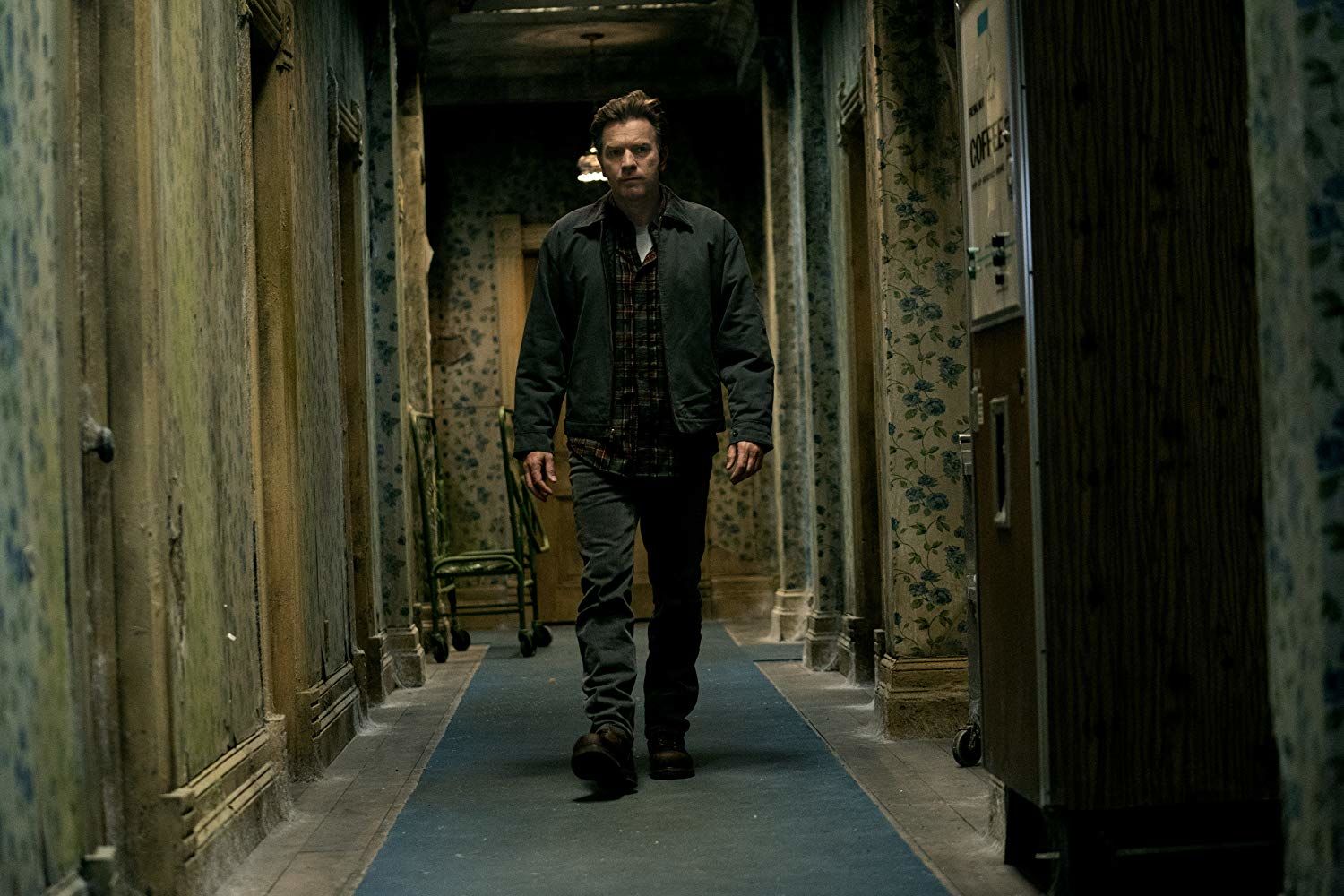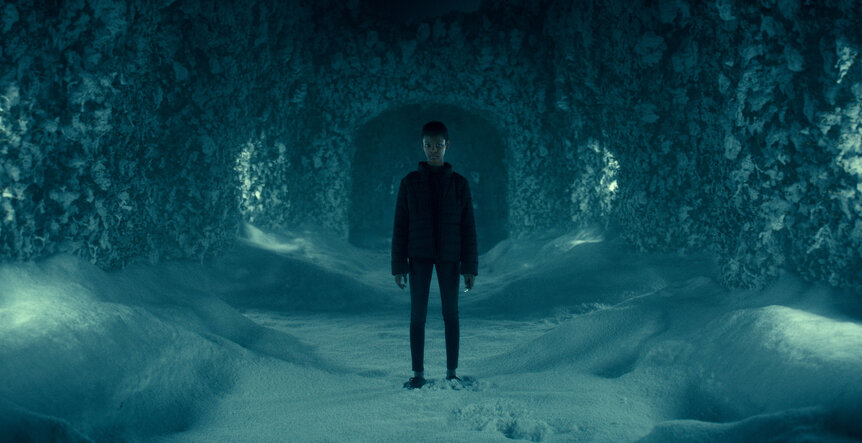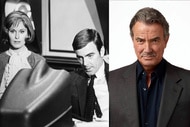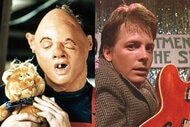Create a free profile to get unlimited access to exclusive videos, sweepstakes, and more!
How Doctor Sleep navigated the 'custody battle' between King and Kubrick

Any Stephen King fan worth their shine knows two things: That Stanley Kubrick's 1980 adaptation of The Shining ended differently from King's novel, and that King famously despises the changes to this day. Such was the potentially awkward situation faced by director Mike Flanagan when he began work on Doctor Sleep, the upcoming film based on King's novel of the same name, which acts as a direct sequel to The Shining — both the novel and the film.
King's Doctor Sleep novel, published in 2013, is, of course, a sequel to his own story, the one where the haunted Overlook Hotel burns to the ground in the end. So with that in mind, whatever other changes Kubrick made along the way in his film, not turning a massive hotel — a character in its own right — to a heap of smoldering ash certainly ranks as the most significant when considering a movie sequel.
In Kubrick's world, the Overlook stands barren in the wilderness. In King's, it's no more than a bad memory and an eerie patch of land.
So how do you make a movie that brings diametrically opposed realities crashing together and still keep both sides happy?
"It's one thing for Stephen King to say 'the Overlook Hotel had burned down' on page one of Doctor Sleep [the novel], but you really can't do that in the theater," Doctor Sleep executive producer Trevor Macy told SYFY WIRE. "You kind of approach these things as fans first, and odds are there would have been open revolt if we had tried to do that."
The filmmakers had first inquired about writing a script when the novel was published in 2013, not knowing at the time that a script — a wildly different story from what Doctor Sleep would eventually become — was already in the works at Warner Bros. When they brought their own version to the production company, a version of what audiences will now see onscreen, the powers that be were intrigued. But approval from Warner Bros. was only the first step.
Even more important, in a way, was buy-in from the creative legacy stakeholders. That was where it was potentially fraught. Imagine it: A Doctor Sleep movie, a Shining sequel, that ignores Kubrick's adaptation. In no way did Macy and Flanagan want to even consider that possibility. And so, Flanagan and his team went to both King and the Kubrick estate, which oversees all of the late filmmaker's interests, for early discussions.
See, Flanagan, an admitted King superfan, had previously adapted another of his stories, Gerald's Game, with the writer's blessing and he wanted it again: the "go ahead" from the man himself. King had enjoyed working with Flanagan on Gerald's Game and liked the results, but, understandably, was more than a little wary about another person, another filmmaker, entering the Shining universe.
"One thing that's great about King is that he is very clear on the idea that he is the author, not the filmmaker," Macy says. "And he's passionate about that as a distinction, and he's careful about the filmmakers he picks to support.
"But he also likes taking chances," Macy adds. "And we leaned into that… It's a balance, but we're trying not to take a position in the custody battle between King and Kubrick."
Flanagan went to King with a pitch — really, though, it was more of a promise. Kubrick's movie never gave the Torrance family the redemption and the catharsis they needed, so Flanagan promised to make a movie that would do just that.
"This is going to be a celebration of the Kubrick film, which I know is going to make [King] uncomfortable," Flanagan admits. But his pitch was so impassioned and understood the heart of what King had wanted all along so well that King approved.
"That opened up the hotel," Flanagan says. "That let us go back to the Kubrick hotel."
Luckily, while the Kubrick estate hadn't been able to preserve the Overlook set, it had preserved Kubrick's blueprints, which allowed Flanagan's team to recreate the ghost-infested grande dame herself in scary-accurate detail.
"Both [King and the Kubrick estate] provided us some latitude, but you hope that's not enough room to hang yourself," Macy says. "Whether it was a line of dialogue here or there that referred to another King work or whether it was the color of the typewriter on the Kubrick side of things, we were really focused on detail and key decisions. And there's a lot to agonize over when you're attempting this movie."
"Yes, we changed the ending to Doctor Sleep," Flanagan concludes. "But in my heart of hearts, I felt like 'Isn't this a great ending?'"
Doctor Sleep premieres in theaters on November 8.















